Vaccines

The best treatment is one that prevents a disease before it starts and vaccines are a safe and effective way to preserve your horse’s health. Oakencroft has developed a schedule for vaccinations that follows the latest science and we work with owners to make getting them as easy as possible.
More Information:
-
Rabies should be given annually for all horses. Foals should be vaccinated at 5-6 months of age, with a booster 4-6 weeks later, and re-vaccinated again at one year. Broodmares should have this vaccine included in pre-foaling shots.
-
Eastern and Western Encephalits should be given annually to all horses; on occasion we recommend a fall booster for these two diseases (typically in years where are there multiple positive cases reported). Unvaccinated adults should have an initial vaccine and then a booster 4-6 weeks later. Foals should be given an initial vaccine at 5-6 months of age, booster in 4-6 weeks, and again at one year of age. Broodmares should have this vaccine included in pre-foaling shots.
-
Tetanus should be given annually to all horses. An initial vaccine and a booster 4-6 weeks later is recommended for unvaccinated adults. Foals should be vaccinated at 5-6 months of age, booster in 4-6 weeks and again at one year of age. Broodmares should have this vaccine included in pre-foaling shots. Tetanus should also be given again if an open wound occurs.
-
West Nile should be given annually to all horses, and on occasion twice annually (depending on the mosquito burder, weather in a given year, and reported positive cases). An initial vaccine and a booster 4-6 weeks later are recommended for naïve adults. Foals should be given an initial vaccine at 5-6 months of age, boosters in 4-6 weeks, and again at 1 year of age. Broodmares should have this vaccine included in pre-foaling shots.
-
Influenza is given to horses which travel or are exposed to horses who travel. Depending on your horse’s specific job and living environment, we recommend vaccination against influenza every 3-6 or 6-12 months.
-
Rhinopneumonitis (Equine Herpes Virus 1 and 4) should be given annually to horses who are exposed to other horses. Horses who travel frequently should be vaccinated every three months, and some shows in our region are requiring documentation of this vaccination and frequency. Please keep in mind there is no vaccine against the strains of EHV-1 that cause disease of the neurologic system.
-
Strangles should be given to horses traveling to destinations where a large number of horses will be in contact (rodeos, shows, fairs, campgrounds, races, etc.) as this is a highly contagious disease. This vaccine should also be given to horses with exposure to horses which travel extensively or are exposed to auction horses. The vaccine is given intra-nasal and is highly effective. An initial dose with a booster 4 weeks later is protective 2 weeks after the second dose.
-
The Potomac horse fever vaccine protects horses from Potomac horse fever, a potentially fatal disease caused by the bacterium Neorickettsia risticii. Administered via injection, the vaccine stimulates the horse's immune system to recognize and combat the bacterium, reducing the risk of infection and its associated severe symptoms.
-
Leptospirosis is a bacterial disease that will cause kidney disease, abortions, and uveitis (aka moon blindness). It can be transmitted through standing water that has been contaminated with infected urine, as well as contaminated soil, bedding, feed, and drinking water. There is now a vaccine available for those horses that are most at risk.
-
Botulism is a disease that can be seen in our area occasionally. Although less common in our area, it can be found in any type of baled hay, haylage, or silage. It is most frequently a concern for our population of horses that may travel for breeding purposes, and we will frequently vaccinate those horses that are traveling to breeding sheds outside our area. Botulism has been linked with a disease called Shaker Foal Syndrome. If you have concerns, please talk to one of us today about vaccinating your horse.
-
Additional Vaccines Available: ECO also carries vaccines for Lyme Disease, Leptospirosis, and Botulism.
These three vaccines are not required for most horses, but they should be considered in certain situations.
Lyme Disease, as we all know, is very common in this region of the world. The vaccine is used extra-label as it is designed for use in dogs. There is promising research currently being conducted to confirm that this vaccine does have a beneficial effect in the horse and will limit your horses’ risk of contracting the actual disease. Initially this is a three-dose series followed by twice annual boosters.
